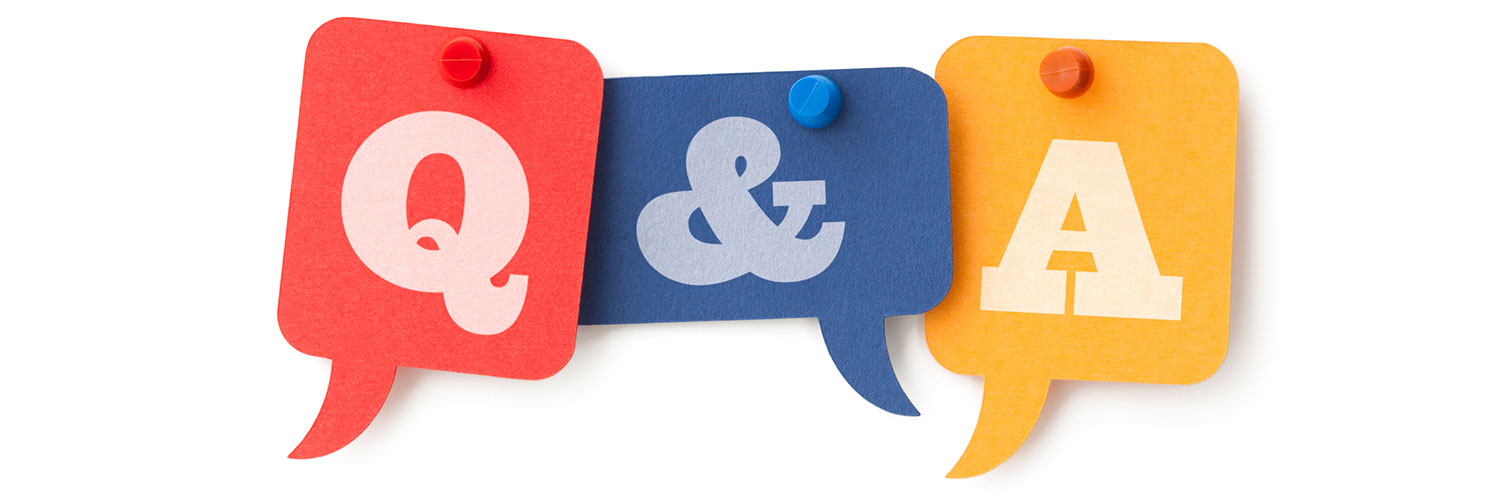Frequently Asked Questions
Welcome to our FAQ page, designed to address the most common queries regarding dental health and our practice:
How can I whiten my teeth safely at home?
“We offer professional-grade teeth whitening kits for safe and effective at-home use, or you can schedule an appointment for in-office whitening treatments.”
What are the benefits of dental implants over other tooth replacement options?
“Dental implants provide a long-lasting, natural-looking solution for missing teeth, preserving bone health and restoring full functionality to your smile.”
What should I know about wisdom teeth removal?
“Our oral surgeons specialize in wisdom teeth extraction, ensuring a comfortable procedure and providing personalized post-operative care instructions.”
What is the difference between a dental crown and a dental veneer?
“While both are cosmetic restorations, dental crowns cover the entire tooth to restore strength and shape, while veneers are thin shells applied to the front surface to improve appearance.”
Can I get dental treatment if I am pregnant?
“Yes, we offer safe dental treatments during pregnancy, prioritizing your oral health while ensuring the well-being of you and your baby.”
How can I prevent gum disease?
“Regular dental cleanings and thorough at-home oral hygiene, including brushing and flossing, are key to preventing gum disease. Our team will provide personalized tips for maintaining healthy gums.”
What is the best way to deal with tooth sensitivity?
“We offer desensitizing treatments and recommend using fluoride toothpaste for sensitive teeth. Our dentists will assess the cause of your sensitivity and provide tailored solutions.”
Can I fix a chipped tooth without getting a crown?
“Depending on the severity of the chip, we may be able to repair it with dental bonding or a porcelain veneer, preserving more of your natural tooth structure.”
Is it normal for my gums to bleed when I brush and floss?
“Gums that bleed during brushing or flossing may be a sign of gum disease. It's essential to schedule an appointment for a thorough examination and personalized treatment plan.”
How often should I replace my toothbrush?
“For optimal oral hygiene, replace your toothbrush every three to four months or sooner if the bristles become frayed. We can provide recommendations for selecting the right toothbrush for your needs.”
We hope these answers provide clarity and assurance regarding your dental concerns. If you have further questions or would like to schedule an appointment, please don't hesitate to contact us by calling (289) 235-9117. Your smile is our priority!



